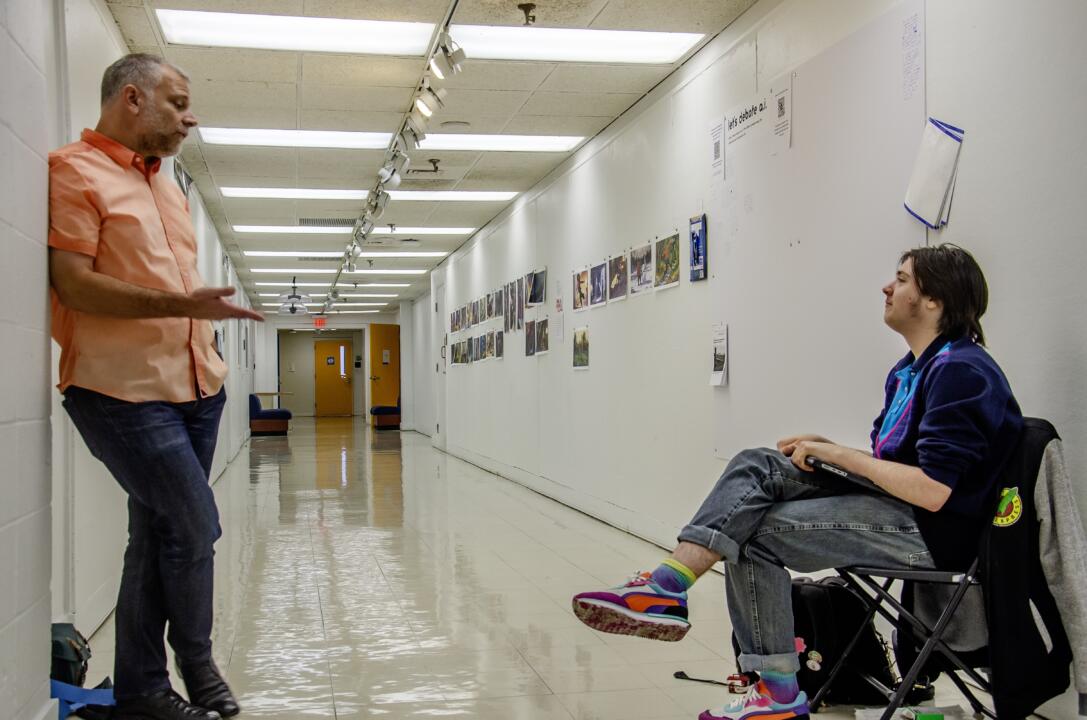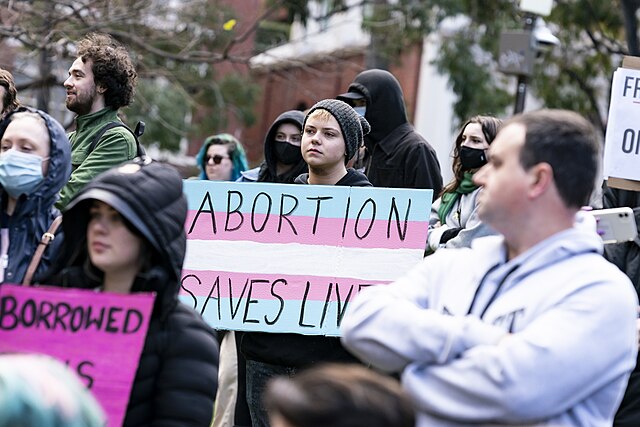As University of Maryland, Baltimore County classes move to online instruction and Maryland companies urge their employees to telework amidst the COVID-19 pandemic, Tahia Shendy, a media and communication studies major, is still planning to show up to her spring internship.
Online, that is.
“We’re not stopping,” said Shendy. “My internship is not over.”
Shendy works as the social media, nonprofit management and event planning intern at Baltimore Homecoming, a nonprofit organization dedicated to building a network of people who were born or lived in Baltimore City or the greater Baltimore region. This network of people is designed to “spark new partnerships, investments and collaborations” in Baltimore, according to the organization’s website.
Most of Baltimore Homecoming’s biggest events have not been impacted since they occur in the summer and fall, Shendy said, and while her transition online has not been “crazy,” there are definitely challenges.
“It’s very difficult to network online,” Shendy said, referring to Baltimore Homecoming’s mission to reach out to and connect with former Baltimore community members. She also misses receiving in-person guidance from her supervisors and mentors, though she noted that they have been “very supportive” throughout the transition.
For some students, though, maintaining an internship or service-learning opportunity online is impossible.
Vincent Moreland, an MCS major graduating in the fall of 2020, held an ESPN/Athletics TV Production spring internship with the UMBC Athletics department, which was cut short when the department suspended all spring athletic practices, meetings and competitions in response to the COVID-19 pandemic. The National Collegiate Athletic Association later canceled all remaining winter and spring championships.

Moreland, who hopes to be a sports broadcaster, got the internship after taking a sports production class over the winter, which teaches students the basics of sports broadcasting. Moreland was then able to take the skills he learned in the class into the semester to broadcast different UMBC athletics games for ESPN+, a subscription-based sports streaming service.
Moreland was most excited for his work during UMBC’s baseball season, which he was also hoping to be able to commentate.
“It’s very disappointing to have an internship cut so quickly,” Moreland said. “I’m going to miss it.”
Moreland, however, has one more semester at UMBC, and he hopes to be able to continue his work with the Athletics department in the fall.
MCS majors, like Moreland and Shendy, are required to complete internships in order to graduate. And while some students have been able to transition online or continue their internships in the fall, others may not be able to.
Dr. Donald Snyder, a senior lecturer in the MCS department and the professor for the department’s internship class, stated in an email sent to MCS students last week that the 120 hour internship requirement will be waived for those negatively impacted who are currently placed in an internship.
The Career Center, which handles all internship, co-op and research practicums, has been communicating with students and supervisors to shift to remote work and has been “not encouraging students to drop” their internships, according to Career Center director Christine Routzahn.
“We don’t want students to feel like they have to drop the practicum in any way,” Routzahn said, and added that typical Career Center services, like recruitment events or resume critiques, will be held over Webex. “Our offices are open remotely.”
Like the Career Center, the Shriver Center, which coordinates service learning and community engagement opportunities for students, is also open remotely, and director Michele Wolff said that her office is trying to “maintain as many services as we can.”
Many students are shifting towards what Wolff calls “indirect service” by working on projects virtually, but so far, everything has been handled on a case-by-case basis.
“We’ll be working very hard to get students back out there and provide critical services that everyone’s going to need,” Wolff said.
In the meantime, Shendy is striving to be optimistic for the future.
“Homecoming has been really, really awesome,” Shendy said. “I’m definitely one of the lucky ones.”

